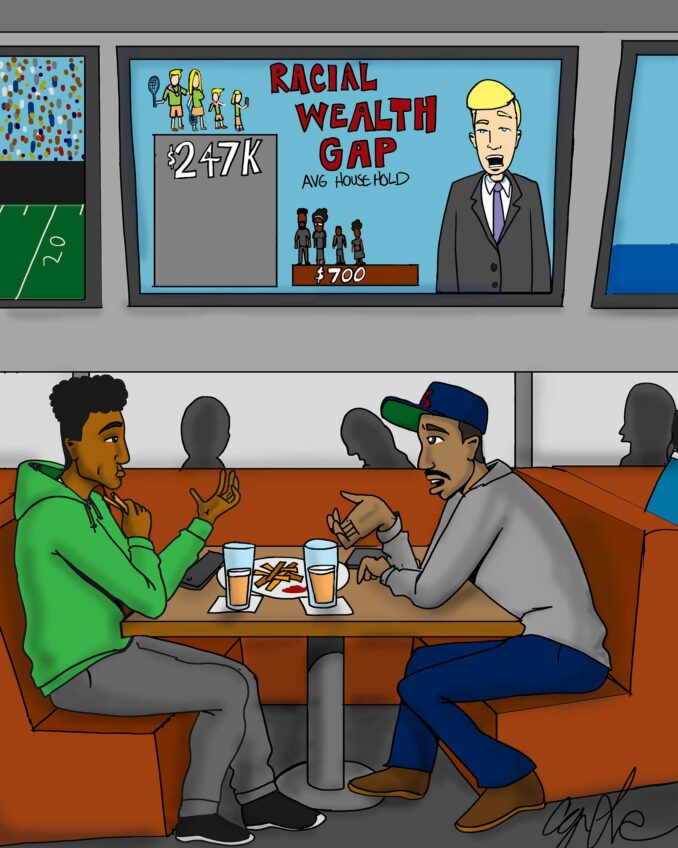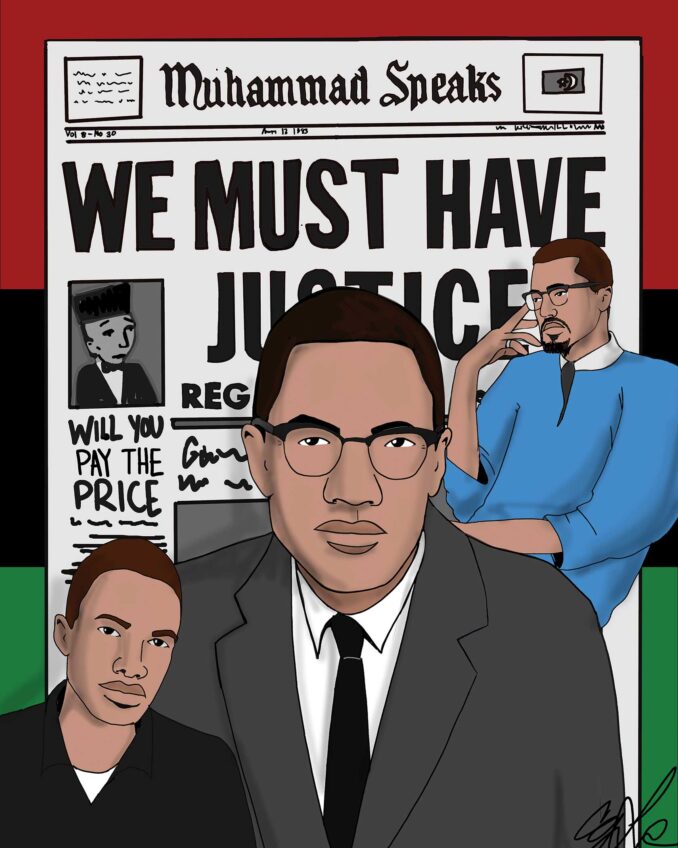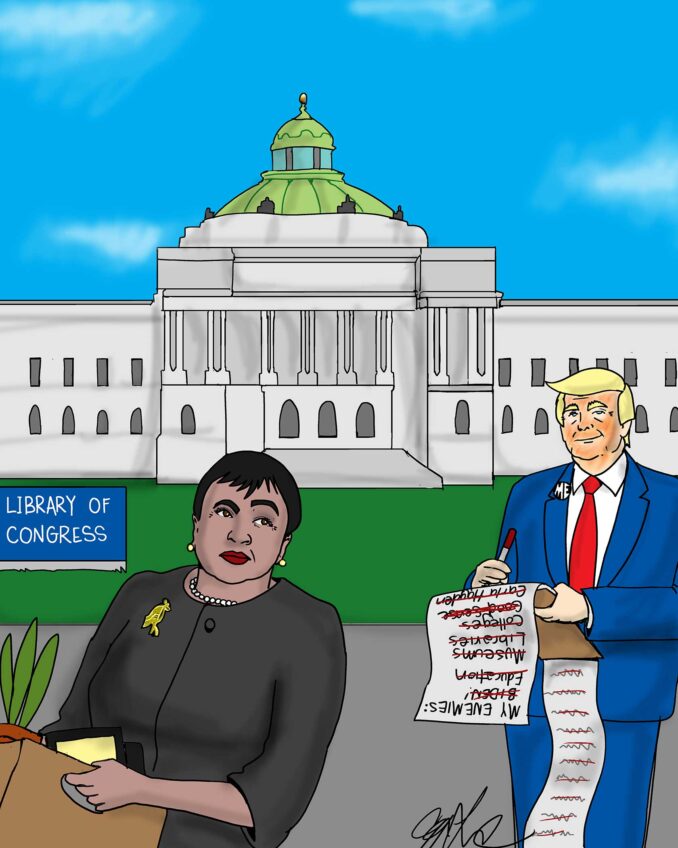John McCain had the rare distinction of doing something politicians almost never do. He admitted that he was wrong, terribly wrong. He also did something that politicians also rarely don’t do and that’s candidly discuss an issue that he was wrong on. The issue each time was race. McCain righted the course on the one issue that drew long, sustained, and intense fire. It came during his freshman year in Congress in 1983. He had the dubious distinction of being a minority within a minority of Republicans who voted against the King national holiday.
He was blunt in telling why. “It was not necessary to have another federal holiday, that it cost too much money, that other presidents were not recognized,” he then said. That vote dogged McCain for years after. And every time the King birthday holiday rolled around every January, McCain was reminded of his opposition to the holiday.
By then, McCain had had deep second thoughts and even deeper regrets about his vote. In an interview in 1990, he did a complete mea culpa publicly and flatly said it was a vote “I regret.” He wasn’t finished, the vote hadn’t been forgotten, and was thrown in his face during his 2008 presidential campaign. This time he virtually prostrated himself with a public recant, and almost self-flagellation, “We can be slow as well to give greatness its due, a mistake I made myself long ago when I voted against a federal holiday in memory of Dr. King. I was wrong and eventually realized that.”
Unfortunately, the senator did not have the same awakening on another equally controversial civil rights issue. That was the 1990 Civil Rights Act. The big issue then was affirmative action. In 1989, the Supreme Court scrapped one of the giant loopholes in prior civil rights laws that permitted businesses to duck discrimination suits by claiming “business necessity” in rejecting minority and women applicants. The right went ballistic and screamed that this would open wide the door for alleged “reverse discrimination” against whites. Congress by a substantial margin said no and passed a Civil Rights Act that simply restored the anti-discrimination provision. Then President George H.W. Bush quickly stepped in and vetoed the legislation. Bush dredged up the favored attack line from the right; that the bill was in effect a racial quotas bill.
This was the emotional smokescreen to rev up conservatives and a broad segment of whites who bought the line that anti-discrimination measures were an unfair job handout to grossly unqualified minorities at the expense of whites. It worked. Though it was a close run up, with several prominent Republican senators voting for override. McCain was not one of them. He backed Bush. Bush’s veto barely stood, and the act died.
As with his initial opposition to the King holiday, McCain from time to time was asked about his backing of Bush’s veto. The most memorable query came on the 40th anniversary of the passage of the 1968 Civil Rights Act. McCain still had no regrets about his vote. He was adamant it was the right thing to do, again claiming that the act would have been a “quota bill.” This was something as he frankly said that “I never believed in.” There was no evidence that a law that employers had lived with for almost two decades before the Supreme Court torpedoed it had done anything remotely close to sanctioning quotas in hiring. Yet, McCain believed that and stuck to his guns on it.
These were two race issues, and two different reactions from McCain. Oddly, the takeaway from his epiphany on the King holiday, and his dogged refusal to admit wrong on the Civil Rights Act, was the same. He was a senator that even when he got a vote on an issue wrong, he didn’t pander to base racial emotionalism. He based his vote on principle and belief, a sincere belief. He did not shirk from publicly saying so even when it infuriated those who otherwise admired him for his honesty and integrity. That above all is what McCain is hailed and remembered for even when he was wrong.
Earl Ofari Hutchinson is an author and political analyst.






